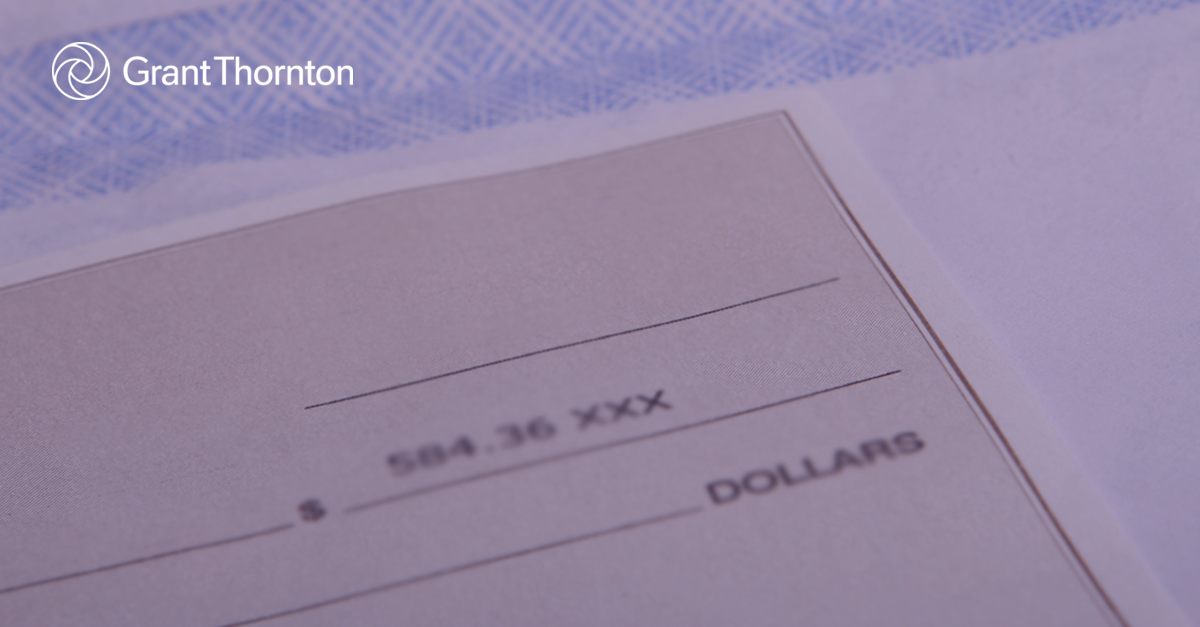[Updated] Navigating the Switch from the CERB to EI: What We Know About the Transition So Far
29 Sep 2020

Updated as of September 29, 2020
Over 4 million Canadians have been relying on the Canada Emergency Response Benefit (CERB) as their main source of income during the pandemic. However, the CERB is coming to an end, and the government is transitioning their relief efforts to the next phase of economic recovery. The benefits previously provided via the CERB have transitioned to a simplified Employment Insurance (EI) program which took effect on September 27th.
If you have been relying on the CERB, you may be wondering what this change means for you. To help answer some of the questions you may have, we’ve composed an FAQ regarding what we know about the transition.
Q: Who is eligible for post-CERB EI benefits?
A: Generally, EI benefits are only available to employees. Most self-employed individuals do not qualify for EI. However, the government has implemented new changes to the EI criteria, and project that as many as 400,000 more people will likely be eligible for the new EI program as a result.
If you are currently on CERB, the government has indicated that you will be automatically transferred to the new EI program.
Q: How much will the new benefit be?
A: EI benefits will now pay $500 weekly, as opposed to the $400 weekly which was previously announced. The specific amount you receive on your EI cheque may vary based on whether or not the new program is taxed at source.
Q: When will the new EI payments begin?
A: The government has said that anyone currently on the CERB will receive their first EI payment by October 14, 2020.
Q: What taxes will I have to pay?
A: The CERB was not taxed at source. This means that people who received the CERB were responsible for setting aside the taxes that they would owe and remit it to CRA in due course. This may result in people owing income taxes that normally do not owe.
Normally, EI benefits are taxed at source. The government has not clarified how these “new” EI benefits will be taxed. If the government decides to tax the benefits at source, EI benefits recipients should expect to receive a few hundred dollars less than they received on CERB, as the government is now holding back your income taxes.
This means that you will receive less monthly, but it also means that you won’t get a nasty surprise next year when you file your taxes.
If the government decides to treat these new EI benefits like the CERB, and not withhold taxes, it will be very important that you set aside income taxes, because otherwise you risk owing a significant tax debt next year.
Q: What financial support is available to me if I don’t qualify for the new EI program?
If you do not qualify for EI, you may qualify for one of the following additional benefits. Please note these benefits are still being proposed by the government and this may result in further changes.
Canada Recovery Benefit (CRB)
- For self-employed individuals or those who do not otherwise qualify for EI
- Benefit is $500 weekly for up to 26 weeks
- For people who have not returned to work due to COVID-19, or who have seen their income drop by at least 50%
Canada Recovery Sickness Benefit (CRSB)
- Designed for people that must self-isolate due to COVID-19
- Benefit is $500 weekly for up to two weeks
Canada Recovery Caregiving Benefit (CRCB)
- Designed for people who are unable to work because they need to care for a child under the age of 12 for reasons related to COVID-19.
- Benefit is $500 weekly for up to 26 weeks.
Follow us on Facebook and Twitter to keep up-to-date on new developments regarding the CERB, EI, and other issues impacting the financial health of Canadians.
NOTE: As previously mentioned, CERB benefits are not taxed at source. This means that come tax time next year, you will be responsible for paying taxes on any CERB funds you acquired. While it is recommended to set money aside now for those future taxes, many people who received CERB benefits were not in a position to withhold those funds as they were needed for living expenses. These means you will have to save the required funds between now and next years filing date. It is estimated that income earned from the CERB will be taxed anywhere between 15% to 25% depending on your province.